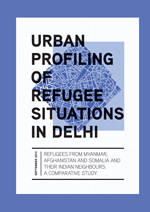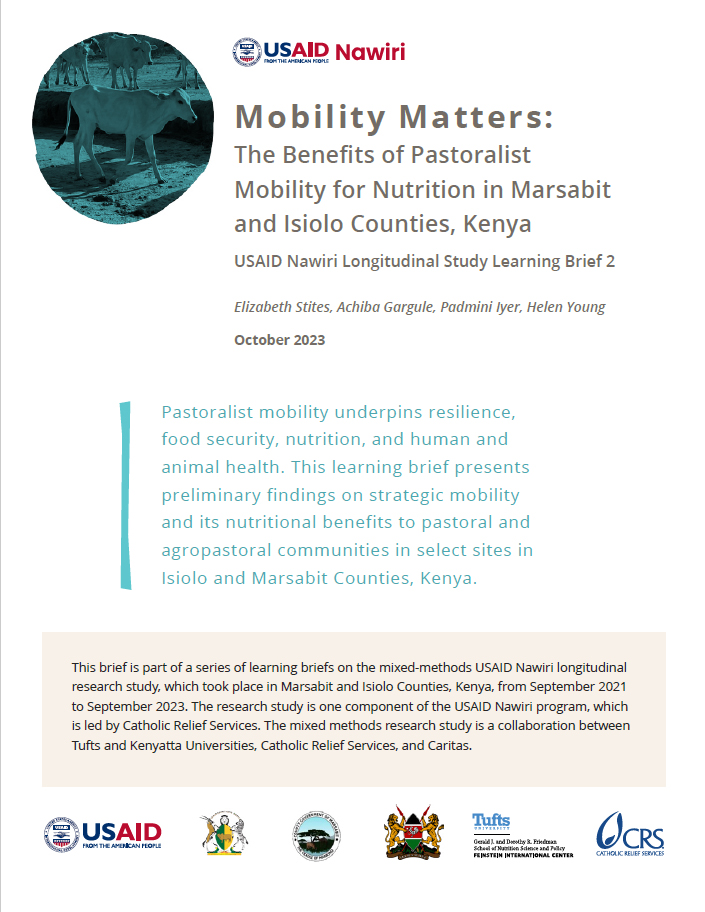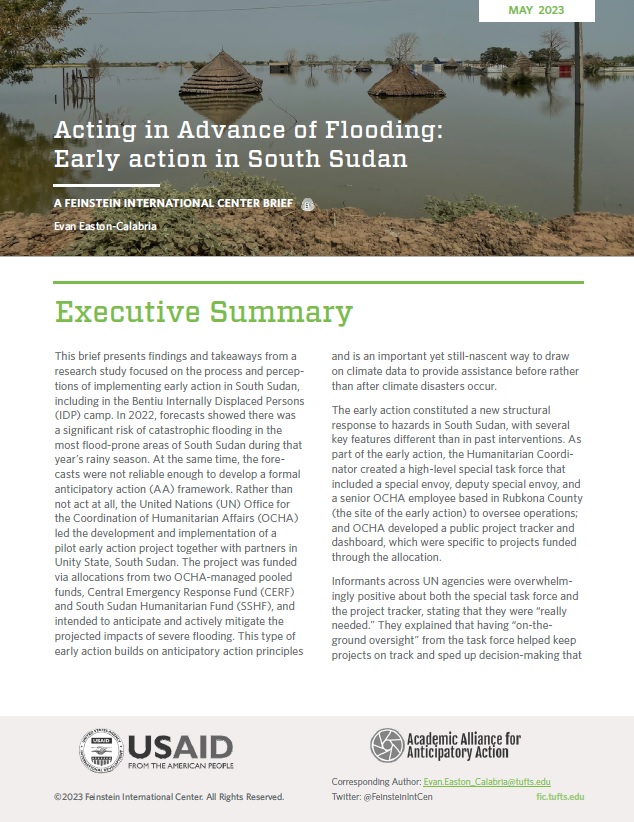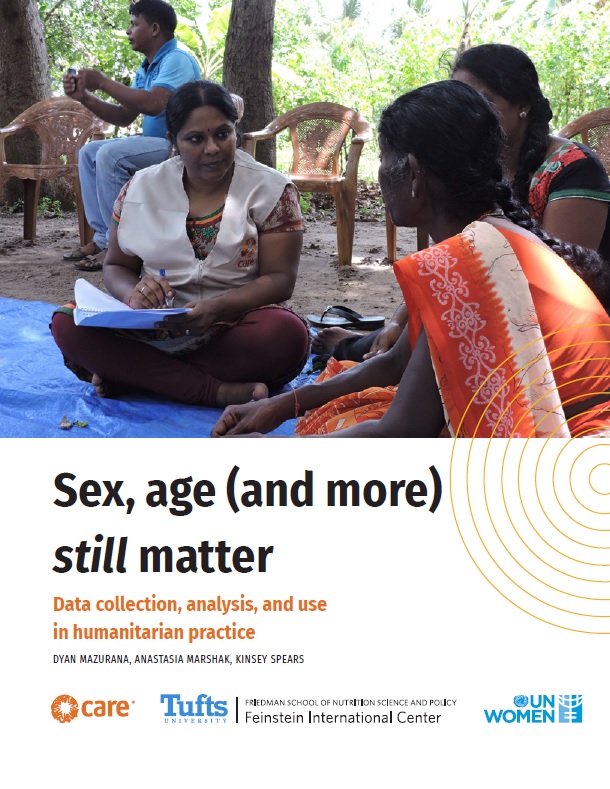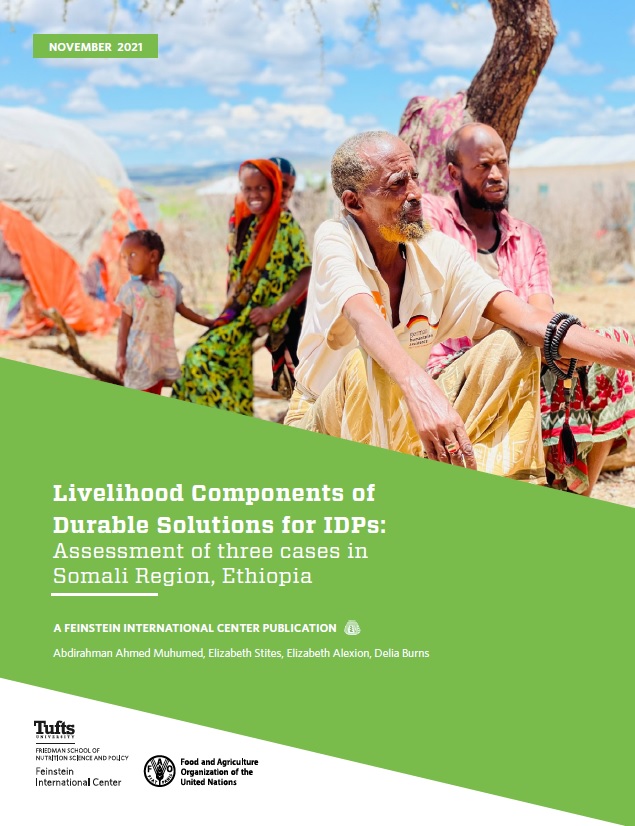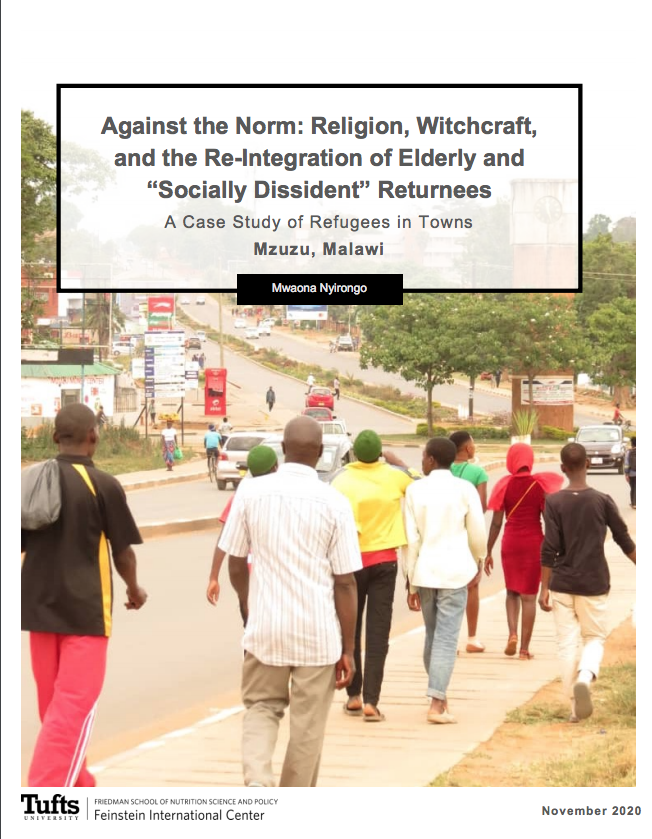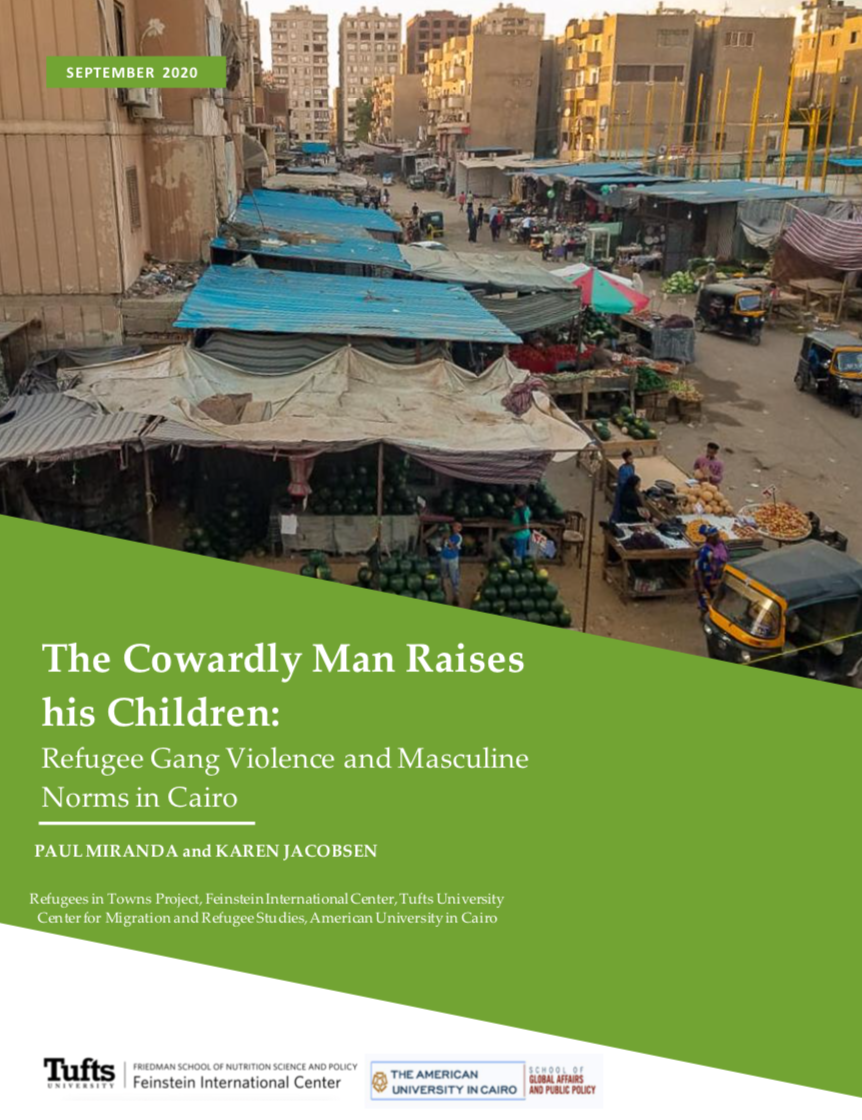India is host to refugees from all its neighboring countries, and in addition, in New Delhi, UNHCR assists over 24,000 urban refugees and asylum-seekers originating from Myanmar and non-neighboring countries such as Afghanistan and Somalia.
From January – June 2013, the Joint IDP Profiling Service (JIPS) and the Feinstein International Center worked with UNHCR to conduct a profiling exercise of Afghan, Somali and Myanmarese refugee households along with their Indian neighbors. The profiling was designed to supplement UNHCR’s existing knowledge with new information that will contribute to more effective programming and advocacy, in particular UNHCR’s work on promoting self-reliance.
The study gathered data on different aspects of refugee livelihoods, including employment, housing and financial security, as well as on physical safety and children’s access to education. In addition to describing differences between refugee groups and their Indian neighbors, the report examines the factors affecting refugees’ access to livelihoods, including legal status, social capital, human capital, and length of stay in Delhi.
The study used mixed research methods, including a survey of over one thousand households, focus group discussions and key informant interviews. Data collection and analysis were conducted with the assistance of our NGO partner in Delhi, the Development and Justice Initiative.

